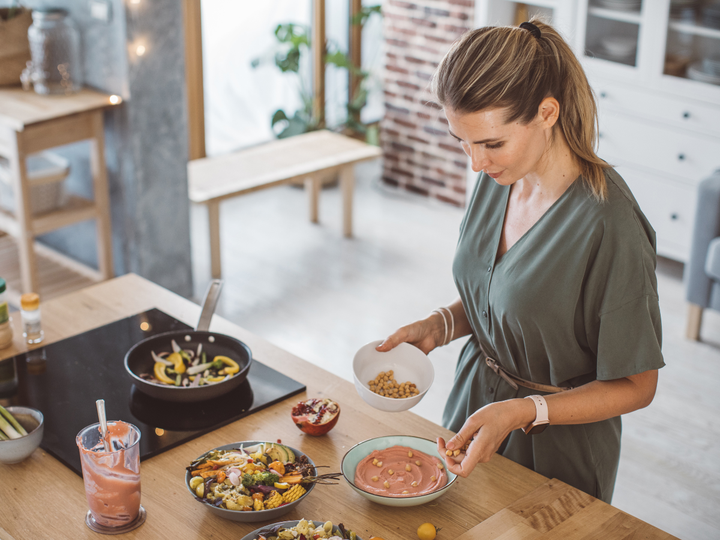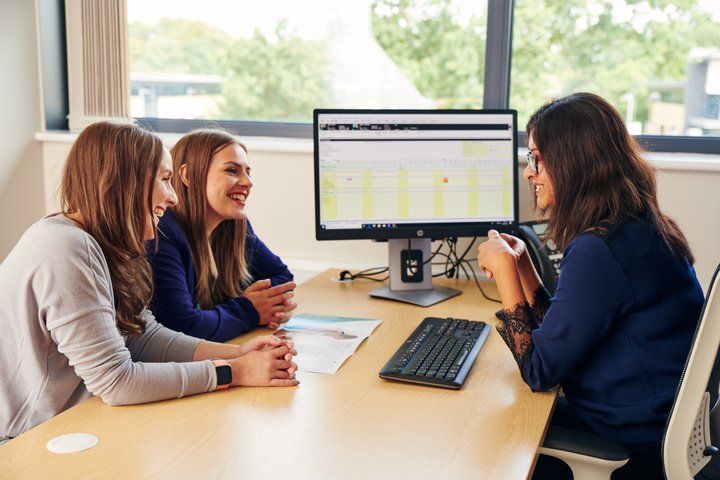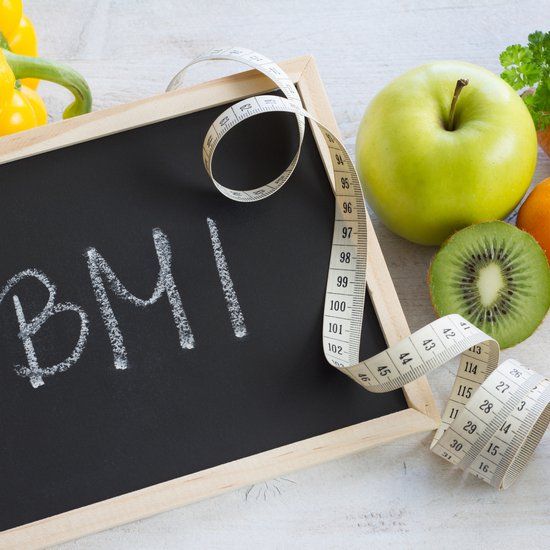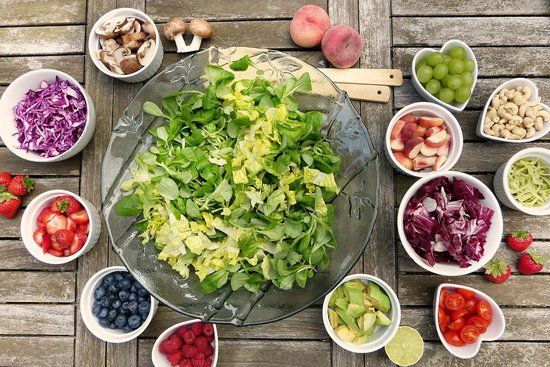
Being overweight can affect your chances of conceiving naturally, while it is perfectly possible to have a happy, healthy pregnancy and birth when you are overweight, according to a report by The Royal College of Obstetricians and Gynaecologists (RCOG), being overweight or obese does increase the risk of complications to both you and your baby.
The report reveals women planning a family should be urged instead to lose weight in a healthy way, through cutting calorie intake and exercising.
So what should you do if your BMI is high and you need fertility treatment? A high BMI doesn’t just reduce your chances of conceiving naturally, it also means treatment such as IVF is less likely to be successful.
It’s why we would never recommend you start a cycle of treatment if your BMI is outside the ‘normal range’. We treat patients with a BMI between the range of 19-35, we would always advise you make lifestyle changes first if you are towards the edge of this range, so that you have the maximum chance of success.
Here’s some simple and easy tips from our expert team, on how you can reduce your BMI and get your body ready for fertility treatment:
Exercise to Improve IVF Outcomes
If you’re trying to lose weight, you need to burn more calories a day than you’re eating. Exercising frequently for short periods is a great first step. Build up to longer exercise sessions to see greater results. Choose activities that raise your heart rate, such as jogging, swimming or fast biking.
The NHS suggest that you should get 150 minutes of exercise a week if you are trying to lose weight. It’s good to bear in mind that excessive exercise will not be helpful for your overall health especially when trying to conceive, so gradually increase your exercise levels to avoid injury.
The Best Exercise when starting to lose weight for IVF
Starting off with simple exercise such as walking could be the best option. Walking is a great exercise, it’s simple, free and easy to implement into your daily routine. If walking is already part of your routine, you can try increasing your pace to a faster brisk walk to burn more calories.
A simple stroll is roughly 2mph increasing that to a faster brisk walk where you’re slightly out of breath, 3mph or 4mph, will help you to increase your heart health and burn off more calories.
You can find many apps to help you track your walking, whether you are looking to improve your distance, pace or total calories burnt. The NHS has a collection of better health mobile apps that can help you to get more active, including ‘Active 10’ which helps you track and improve your brisk walking time.
Dietary changes for IVF Success.
At the start of your fertility journey with us, you will have a consultation with one of our fertility specialists to discuss your health and any changes you can make before starting treatment.

These might be dietary changes such as looking at your carbohydrate intake. Carbohydrates are one of our main sources of fuel and a vital macronutrient within our diets, but you should aim for healthy complex carbohydrates such as quinoa, brown rice, kidney beans or lentils. When these are added to lunchtime salads, they help boost and sustain your energy for longer periods and help you to avoid energy dips where you may reach for unhealthy snacks.
‘Being aware of how we fuel our bodies and making simple swaps is one of can have a massive impact on improving your diet and IVF success rates. Unfortunately, there is no guaranteed exact recipe for success but over my 27 years working with Manchester Fertility I have seen the difference small steps towards a healthier life can make.’
– Sam Potts, Head of Nursing.
Acknowledging the sugars.
Trying to cut out added sugar is a great way to improve your diet for IVF. On food labels everything that ends in an ‘...OSE’ (like Fructose) is sugar, if you can get in the habit of recognising these you can have a better idea of what kind of food you are fuelling your body with. The more you acknowledge the added ingredients in your food the more you can take control of your diet and your IVF success
A Healthy Diet for IVF
One of the best ways to maintain a healthy diet before you start your IVF treatment is to take control of your cooking .Wherever possible cook your meals from scratch using fresh whole-foods and cut out the packaged and processed foods which can be high in salt, fats and added sugars. They also tend to be high in calories and void of natural vitamins and minerals.
If you are concerned about your weight before starting fertility treatment, our treatments all involve a consultation with a fertility specialist, where one of our doctors will help you personalise your IVF cycle for the best chance of success based on your full medical history.
Contact our friendly New Patient Coordinators on 0161 300 2737 or book a free 1-2-1 Discovery Appointment to learn more about what treatment options might be right for you.
Last updated: 30th July 2024








